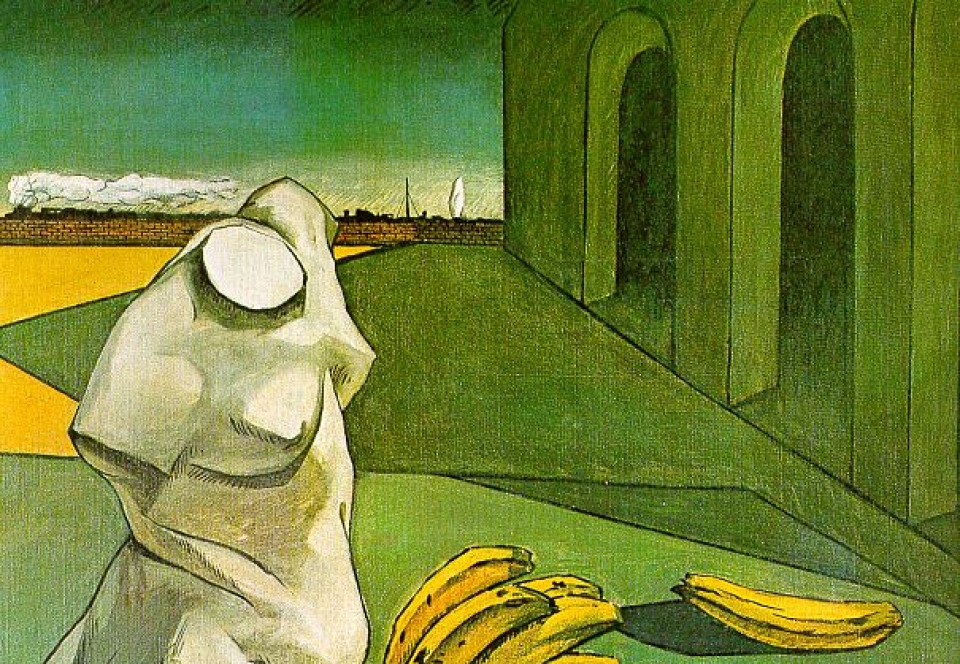The Oxford Dictionary of Literary Terms defines the lyric as follows:
“In the modern sense, any fairly short poem expressing the personal mood, feeling, or meditation of a single speaker (who may sometimes be an invented character, not the poet).[1]”
Apart from being an expression of a mood or feeling which ceases to be personal if the poem works, lyric poems carry a powerful charge of suggestiveness. Their musicality comes from being able to suspend language in a state of non-referentiality, like non-programmatic music, until the existence of a thoroughly new, though innately familiar, system of references dawns on the reader. Every word in the poem then begins to mean something else and is in harmony with this quality of all the other words, which appear together in a form we recognise, almost as in a déjà vu. This recognition occurs because the world evoked by the poem is one like our own, only slightly different. In this world, the words mean differently, their sounds carry an echo of our speech and they are interlinked in a kind of dream-logic.
The possibility of other worlds, where things exist differently than they do in our own, is an idea that has been revisited and revised by many thinkers from the Greek philosophers onwards. In a recent article in PN Review[2], Roger Caldwell provides a succinct historical survey of these theories. The German philosopher Leibniz was the first to fully elaborate the concept of many worlds. He believed that God had chosen our world from infinite possible worlds because it was the best (in terms of moral goodness). Having once actualised it, there was nothing superfluous or random to be found in this world. Everything—the order of words on this page, your pulse as you read these words, the shape of clouds in your sky at this precise moment—is as it is, and cannot be otherwise, because it is an essential part of a world supremely good. For Leibniz, there exists only one world—ours, which was not only possible but made actual by the will of God. Other possible worlds contain all the possibilities which neither did nor will ever get actualised in our world. Some of these are evidently experienced by us during a throw of dice or while reading fiction: we realise that there was a fair amount of chance for getting that double six we wished for instead of the double three we got; and nothing makes it impossible for Sherlock Holmes to have lived at some point at 221B Baker Street. In Leibniz’s world, that double six and Sherlock Holmes do not exist simply because they did not get actualised in this world. They do, however, in the more relative theory of David Lewis, put forth in his book The Plurality of Worlds (1986). Every possibility in our world is an actuality in some world. For Lewis, there is a world in which the double six is as real as the double three in our own and another world where Sherlock Holmes lives, smokes tobacco and solves mysteries just as you and I exist in this one and go about with our lives.
That poems, novels, artworks and music are distinct worlds is an idea developed in Nelson Goodman’s Ways of Worldmaking (1978). According to Goodman, each artistic world is built on a different set of rules and what is possible in one is not possible in another. However, all artistic worlds are compatible with our world and inhabitable by us, albeit briefly, meaning that we can experience the warm sunshine of our local climate and simultaneously feel the cold drizzle of London into which Holmes steps out. Being able to inhabit the world of fiction in this way, we can realise the existence of possibilities relevant to our lives. And we need this realization from time to time, as Caldwell says in his article:
“Unlike other animals, we see ourselves and others in terms of possibilities – of what might be, and of what might have been. We tell stories about ourselves and to ourselves about possible futures and possible pasts – some of which may be true. [p 21]”
Through the actions and dialogue of characters we are able to reflect on our own actions and words and see how we could have acted or spoken differently in circumstances that have had a bearing on our as well as other people’s lives. We are able to see how we could have behaved differently at these junctures and ended up being someone very different from our present self. The world of novels makes tangible the possibility of change in ourselves that is essential for our survival. Poems, too, show us possible worlds by tapping into the potentialities of words (signifiers) and their interrelations. By presenting new and striking combinations of words, poems create associations in a reader’s mind, thereby creating new ways of feeling and thinking. In showing us that words can mean differently, they help us enlarge and renew our vocabulary of self-description, making it possible for us to see ourselves (and others) differently. And lyric poems, in particular, do this more forcefully, packing the charge of suggestiveness in as few lines as possible and using music to draw us away from a world and a self constructed from the largely fossilised language of daily speech.
[1] Chris Baldick, Oxford University Press, 2008.
[2] Roger Caldwell, “‘The Present King of France is Bald’: On Possible Worlds,” p 20, PN Review 202.
